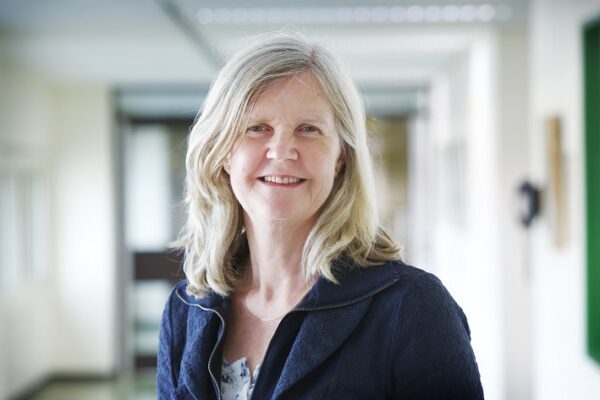
Leader: Andrew Li Yim, Amsterdam UMC
Single-cell DNA methylomics
The overall aim of this work is to discover how DNA methylome-based biomarkers predict therapy response. What cell in blood is responsible, and what genes determine response in each individual patient? While DNA methylation measured on bulk material is useful for biomarker discovery, it is unclear what the biological relevance is epigenetic markers to the disease process. Such mechanistic insight helps acceptance of our therapy guidance platform. To disentangle cell-specific differences in DNA methylation, we will study the DNA methylome of individual cells. However, since no single-cell DNA methylation reference of peripheral blood currently exists, measuring DNA methylation in single cells remains challenging as we would have no way of annotating the individual cells. However, many datasets are accessible to date of annotated single-cell transcriptomic profiles in similar blood cells, which we will use for this purpose. Accordingly, our setup delivers a single-cell multi-omic map where both the DNA methylome and the transcriptome of the same cell is assayed. This approach provides unique insight into how cellular differences in DNA methylation are associated with transcriptional differences; what cell contributes what to the disease process. We seek to understand whether the previously identified response-associated DNA methylation biomarkers relevant for gene transcription differences-to make our prediction even more specific and effective.
Single cell methylome and transcriptomes related to the predictor CpGs (methylation of the cytosine base at a CG dinucleotide position) for each of the three studied biologicals in CD.
Amsterdam University Medical Centres – location AMC, University of Oxford – Nuffield Department of Experimental Medicine Division, and Diagenode hold ample experience with single-cell transcriptomics as well as epigenomic analyses separately, and together with Horaizon, we are well able to interpret multiomic analyses.

Leader: Andrew Li Yim, Amsterdam UMC

Co-leader: Anje te Velde, Amsterdam UMC